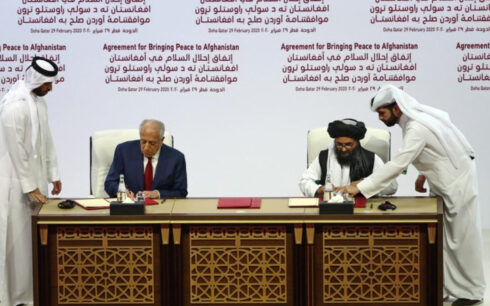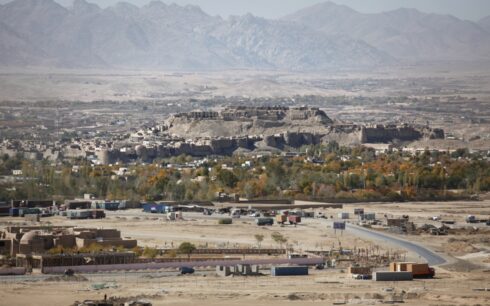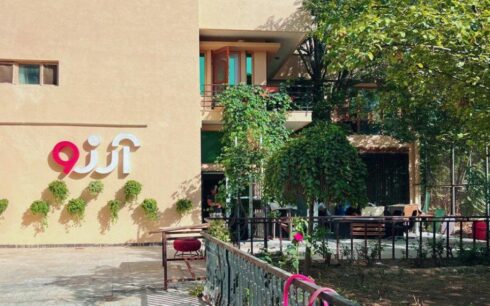DOHA, Qatar — Qatar’s special envoy for Afghanistan, Faisal bin Abdullah Al Henzab, met with Rina Amiri, the U.S. special envoy for human rights in Afghanistan, to discuss international efforts aimed at achieving stability in the country, Qatar’s Ministry of Foreign Affairs said.
The meeting, held on the sidelines of the 2024 Doha Forum, underscored the close ties between Qatar and the United States and explored ways to enhance their cooperation, the ministry’s statement added.
The talks come as speculation mounts over a potential shift in U.S. policy toward Afghanistan with the return of Donald Trump to the White House in less than 50 days.
Trump’s victory in the U.S. presidential election has raised questions about how his administration will approach the ongoing crisis in Afghanistan.
Doha has hosted three rounds of high-profile talks on Afghanistan in recent years, under the United Nations’ framework for resolving the country’s issues. However, efforts to convene a fourth round have faced hurdles, including differences between Western powers and China and Russia, as well as the Taliban’s preconditions.
Persistent human rights concerns
Amid the diplomatic efforts, Afghan women’s rights activists have urged the global community not to overlook the Taliban’s ongoing human rights violations, particularly against women and minorities.
“Over the past three years, the Taliban have continuously violated human rights, ignored the dignity of individuals, and marginalized large segments of society,” said Raheel Talash, a human rights advocate.
Despite international pressure, the Taliban’s policies remain a significant roadblock to progress.
Trump, who will take office without inheriting the Afghanistan war, faces a country now governed by the Taliban and aligned with U.S. rivals, including China, Iran, and Russia. Analysts suggest Trump’s approach may focus less on human rights and more on pressing the Taliban to meet U.S. demands, such as the return of military equipment and addressing security concerns related to the Bagram airbase.
“Human rights and gender apartheid might not be key priorities for Trump, as indicated during his campaign,” said Tahir Qadiry, Afghanistan’s former ambassador to Poland. “However, his administration will likely increase pressure on the Taliban, particularly regarding arms recovery and Bagram.”
As the clock ticks toward the start of the new U.S. administration, the question remains whether these changing dynamics will influence efforts to resolve Afghanistan’s deepening crises.





